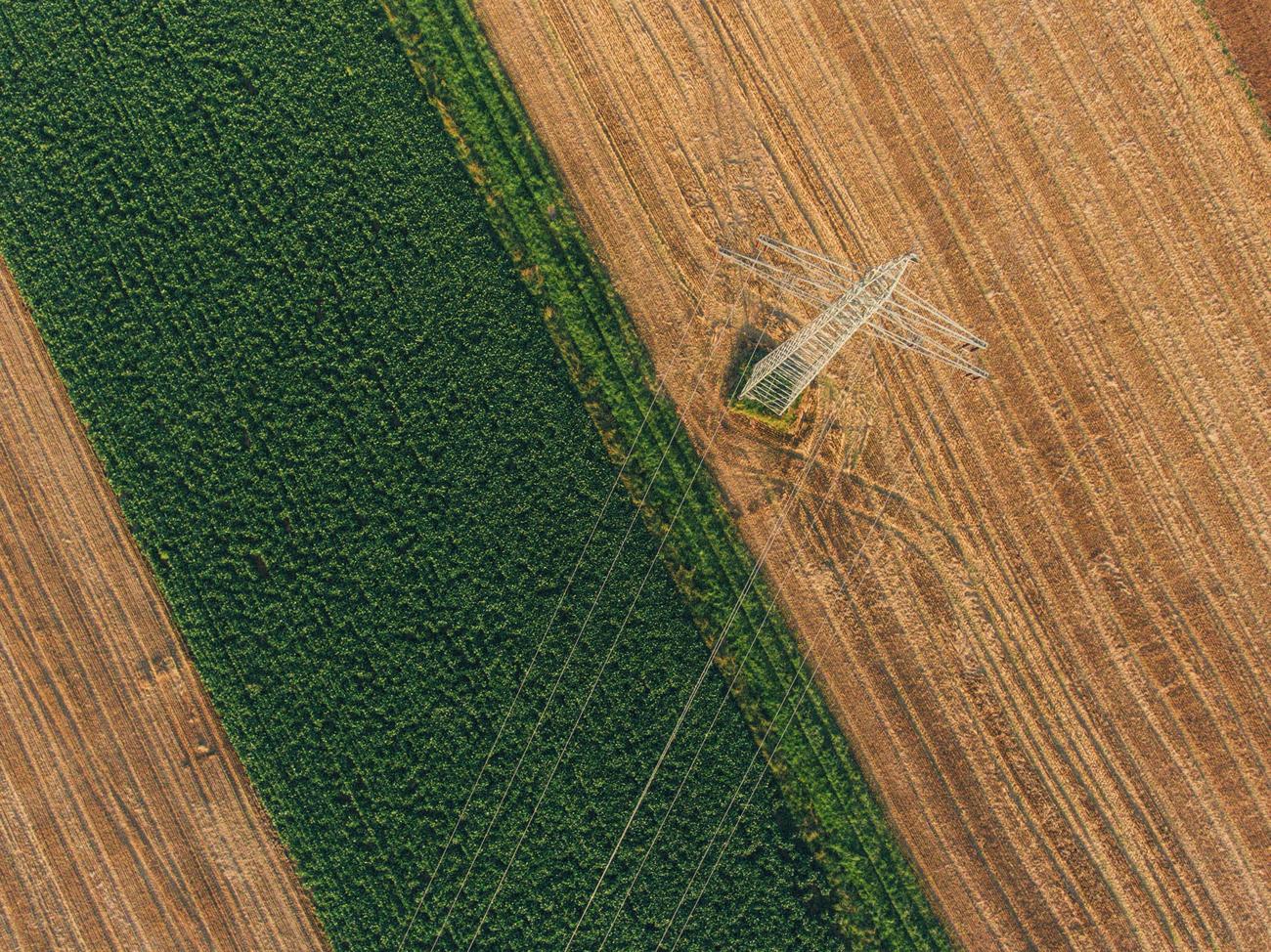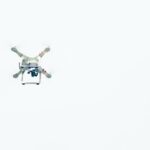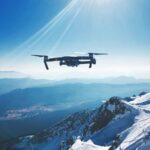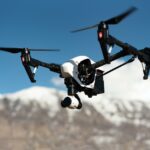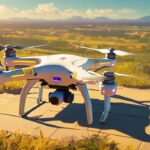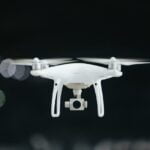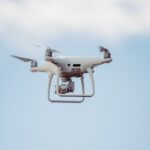As the world becomes increasingly interconnected, law enforcement agencies are turning to innovative technologies to enhance their operations. One such technology that has garnered significant attention is the use of drones in law enforcement. These unmanned aerial vehicles have the potential to revolutionize crime prevention, public safety, and individual privacy. In this article, we will delve into the intriguing world of drone use in law enforcement, examining the benefits they bring and the challenges they pose. So fasten your seatbelts and prepare to explore the impact of drones in the pursuit of justice.
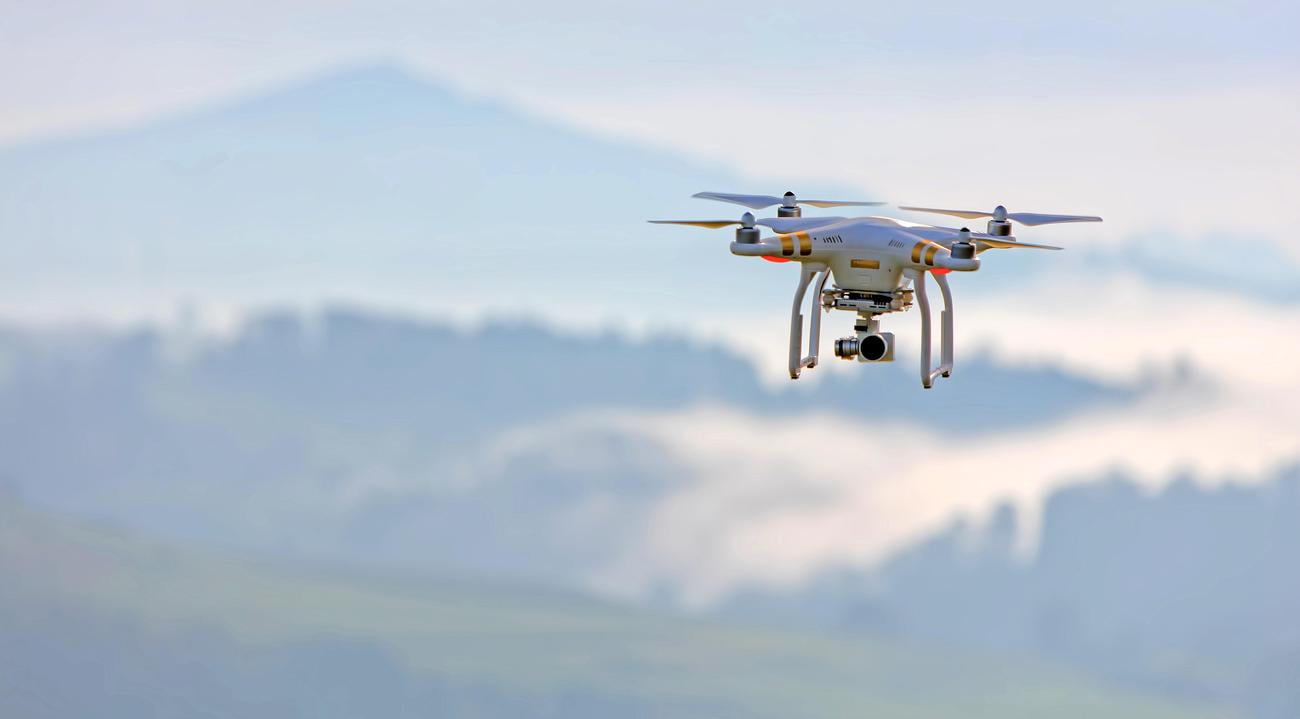
Drone Use in Law Enforcement
Drones have revolutionized law enforcement operations by providing a new perspective from above. These unmanned aerial vehicles (UAVs) are being utilized by law enforcement agencies across the U.S. for a multitude of purposes, including mapping the city, monitoring suspects during police chases, crime scene investigations, analyzing auto accident scenes, search and rescue operations, monitoring large groups of people, and disaster relief efforts. The incorporation of drones into police operations has had a profound impact on crime prevention, public safety, and individual privacy. Let’s delve into the benefits and challenges of drone use in law enforcement.
The Benefits of Drone Use in Law Enforcement
1. Enhanced Efficiency and Safety in Operations
Law enforcement agencies have found drones to be invaluable tools in various situations. Drones enable agencies to respond quickly to incidents, scout locations before operations, conduct rescue missions, and ensure the safety of everyone involved. They provide a real-time aerial view, allowing officers to evaluate a situation from a safe distance and make informed decisions. With drones, law enforcement can gather critical information without jeopardizing human lives, making operations more efficient and reducing the risk to officers and the public.
Drone use in law enforcement provides an unmatched advantage by enhancing operational efficiency and ensuring the safety of both officers and citizens.
2. Improved Data Collection and Crime Scene Investigation
In the realm of evidence collection and crime scene investigations, drones have revolutionized the process. They can capture high-resolution images and footage, creating a comprehensive visual record of a crime scene. This precise documentation aids forensic investigations and serves as crucial evidence in court proceedings. Drones also support traffic crash reconstruction, reconnaissance before tactical deployments, SWAT overwatch, and forensic assessments. By utilizing drones, law enforcement agencies can gather key data faster and more accurately.
Drones have transformed the way law enforcement collects data and conducts crime scene investigations, enabling more precise and efficient outcomes.
3. Versatility and Cost-Effectiveness
Drones offer a versatile platform that can fulfill various roles that were previously reserved for crewed police aircraft. From search and rescue operations to aerial patrols and surveillance, drones have the capacity to carry advanced camera systems capable of license plate scanning, thermal imaging, and other specialized sensors. These capabilities equip law enforcement agencies with valuable tools to combat crime effectively. Additionally, drones are significantly more cost-effective compared to crewed aircraft, making them an affordable option for smaller agencies with limited budgets.
Drones provide law enforcement agencies with a cost-effective and adaptable solution, amplifying their capabilities without breaking the bank.
The Challenges of Drone Use in Law Enforcement
1. Compliance with Regulations and Privacy Concerns
The use of drones in law enforcement is tightly regulated to balance their benefits with individual privacy rights. Failure to comply with drone laws can lead to the inadmissibility of drone-collected data in court. Critics argue that the presence of drones in protests, for example, may have a chilling effect on public participation and freedom of expression. Striking the right balance between effective law enforcement and protecting civil liberties is an ongoing challenge that must be navigated carefully.
While drones offer numerous benefits, ensuring their use aligns with regulations and respects individuals’ privacy rights is an ongoing challenge that requires careful consideration.
2. Skill and Training Requirements
Deploying drones effectively in law enforcement operations requires specialized skills and training. Officers must be proficient in operating the drones, understanding their capabilities, and abiding by the regulations governing their use. Acquiring and maintaining this expertise can be time-consuming and resource-intensive for law enforcement agencies. Investing in comprehensive training programs and hiring qualified personnel is essential to harness the full potential of drones in law enforcement.
To harness the full potential of drones, law enforcement agencies must invest in comprehensive training programs to equip their personnel with the necessary skills and expertise.
Conclusion
Drone use in law enforcement has emerged as a powerful tool, revolutionizing the way agencies approach crime prevention, public safety, and individual privacy. From enhancing operational efficiency and safety to improved data collection and crime scene investigations, the benefits of drone usage are undeniable. However, challenges such as regulatory compliance and addressing privacy concerns require careful navigation. By prioritizing training and adherence to regulations, law enforcement agencies can maximize the benefits while mitigating the challenges associated with drone use.
Drone use in law enforcement has the potential to transform the landscape of policing, but only by addressing challenges and maintaining a balanced approach can its benefits be fully realized.
Drones are revolutionizing the way law enforcement agencies operate. From surveillance and search operations to crime scene investigations, these unmanned aircraft offer unparalleled capabilities. If you are curious to know more about the facts surrounding drones in law enforcement, click here – facts about drones law enforcement. Explore the latest advancements, regulations, and success stories in this exciting field. Stay informed, stay ahead!
FAQ
Question 1
What are the main purposes for which law enforcement agencies use drones?
Answer 1
Law enforcement agencies use drones for a variety of purposes, including mapping the city, monitoring suspects during police chases, crime scene investigations, analyzing auto accident scenes, search and rescue, monitoring large groups of people, and disaster relief.
Question 2
In what ways do drones contribute to law enforcement operations?
Answer 2
Drones have had a major impact in traffic crash reconstruction, reconnaissance before tactical deployments, SWAT overwatch, hostage situations, forensic investigations, patrol-deployed operations, searches for lost persons, tethered operations, traffic pattern evaluation, and first response.
Question 3
What capabilities do drones have that make them valuable for law enforcement?
Answer 3
Drones can serve roles usually reserved for crewed police aircraft, such as search and rescue operations, aerial patrols, and surveillance. They can carry camera systems capable of license plate scanning, thermal imaging, and other sensors, aiding in evidence collection and monitoring.
Question 4
How do drones assist law enforcement in emergency situations?
Answer 4
Drones help law enforcement respond quickly to incidents, map crime scenes, scout locations before operations, conduct rescue missions, and ensure the safety of everyone involved. Their agility and aerial perspective provide valuable situational awareness and aid in decision-making.
Question 5
What are some concerns raised about the use of drones in law enforcement?
Answer 5
Critics have concerns about the presence of drones in protests, as they may have a chilling effect on public participation and freedom of expression. Additionally, the misuse of drones or failure to comply with drone laws can lead to inadmissibility of drone-collected data in court. However, when used ethically and responsibly, drones can greatly benefit law enforcement operations.
- Discover Long Black Pepper: Flavor & Health Benefits - April 25, 2025
- Shocking Twists: The Grownup Review: Unreliable Narration - April 25, 2025
- A Quiet Place Book vs Movie: A Deep Dive - April 25, 2025
